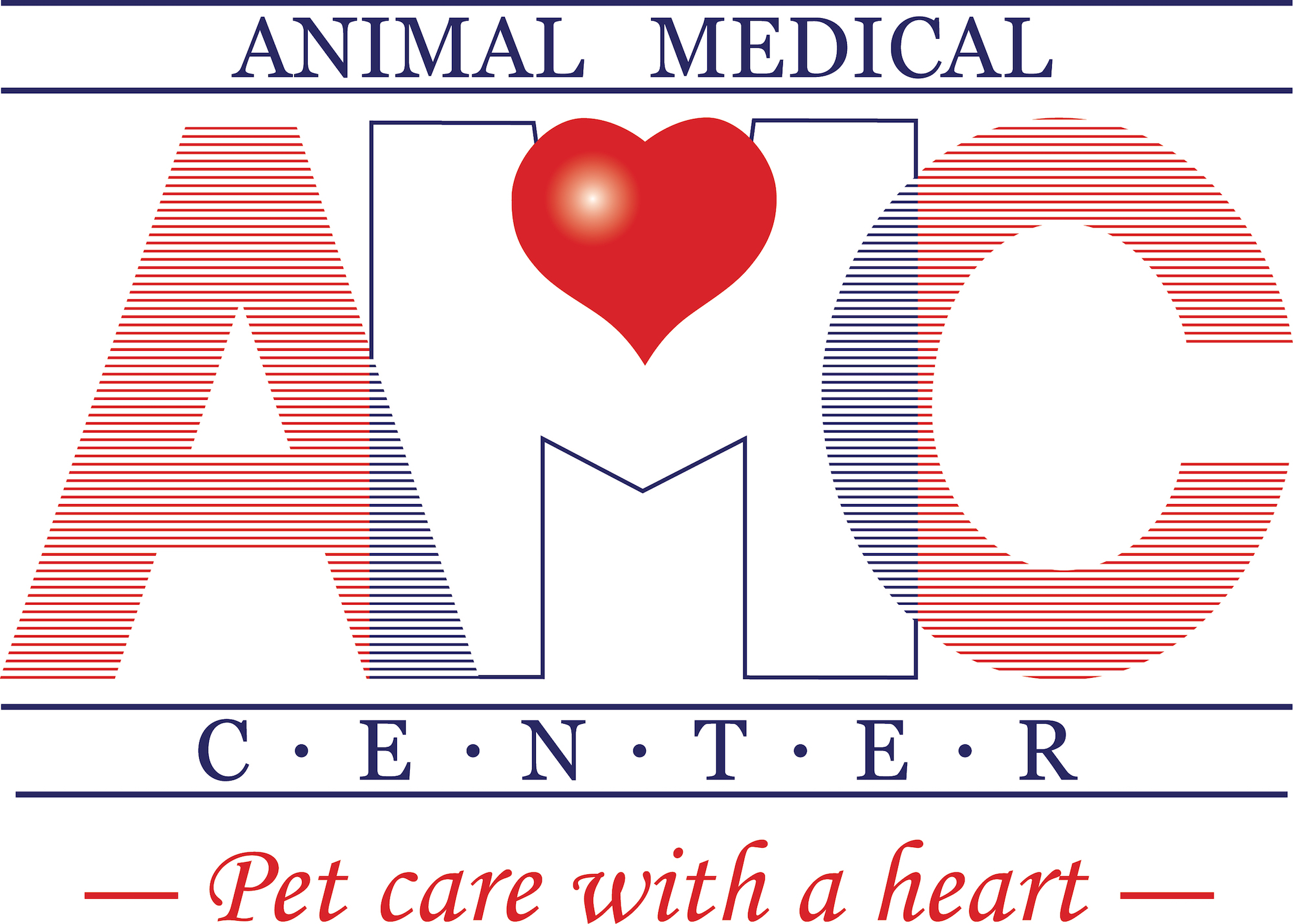Library
-
Enteropathy means any disease of the intestinal system. Protein-losing enteropathy (PLE) is not a specific disease but a group of diseases that cause the loss of proteins from the bloodstream into the gastrointestinal (GI) tract. Symptoms include diarrhea, weight loss, and fluid buildup in areas of the body. Treatment and prognosis are determined by the underlying cause.
-
Enteropathy means any disease of the intestinal system. Protein-losing enteropathy (PLE) is not a specific disease but a group of diseases that cause the loss of proteins from the bloodstream into the gastrointestinal (GI) tract. Symptoms include diarrhea, weight loss, and fluid buildup in areas of the body. Treatment and prognosis are determined by the underlying cause.
-
Proventricular dilatation disease (PDD) is an often fatal condition that damages the nerves of the gastrointestinal tract in birds. These nerves stop stimulating the muscles of the digestive tract, so food in the intestinal tract moves very slowly or not at all. Signs, treatment, and prognosis are discussed.
-
Psittacine beak and feather disease (PBFD) is a serious condition in parrot species for which there is no cure. The highly contagious virus attacks fast-growing epithelial cells, commonly causing visibly abnormal formations of the beak and/or feather follicles. The clinical signs vary depending on the species of bird and the age at which it was infected. Diagnostic testing is available and precautions must be taken when purchasing a new bird.
-
Life with puppies is complicated, and all puppies will sometimes do things their owners find problematic. Using management, planning, supervision, and positive reinforcement for the right behaviors will help puppies succeed, and owners better enjoy their companions.
-
Every puppy will become a dog who needs veterinary care, grooming, and handling. Starting in puppyhood, owners can use positive training techniques to teach their puppies how to accept and enjoy restraint, basic procedures, and home husbandry.
-
Training basic cues such as "sit", "stand", and "lie down" can set the foundation for all future training. These basic skills are useful behaviors that encourage good manners and tolerance of husbandry and veterinary care. Training your dog to understand cues improves communication with your puppy and improves the predictability of all interactions. Training methods based on positive reinforcement include luring, capturing and shaping.
-
Providing puppies with positive socialization experiences may prevent the development of future fears. Puppy socialization must be done gently to avoid accidentally causing fear. Puppies are most primed for socialization before the age of 14 weeks. By taking precautions, some careful socialization can and should be done even before puppies have completed their entire vaccination series.
-
Pyoderma is a bacterial skin infection that can affect all areas of the skin, including skin folds, often seen as red, pus-filled pustules. Treatment may require oral or topical medications and it is always a good idea to practice good hygiene. Pyoderma carries a good prognosis for recovery but recurring or chronic cases may require longer treatment and additional testing to determine an underlying cause.
-
Pyometra is a serious and life-threatening infection in the uterus, occurring in female cats who have not been spayed. The condition must be treated quickly and aggressively. The preferred treatment is to surgically remove the uterus and ovaries by performing an ovariohysterectomy. There is a medical approach to treating pyometra, although the success rate is highly variable and not without considerable risk and potential long-term complications.

